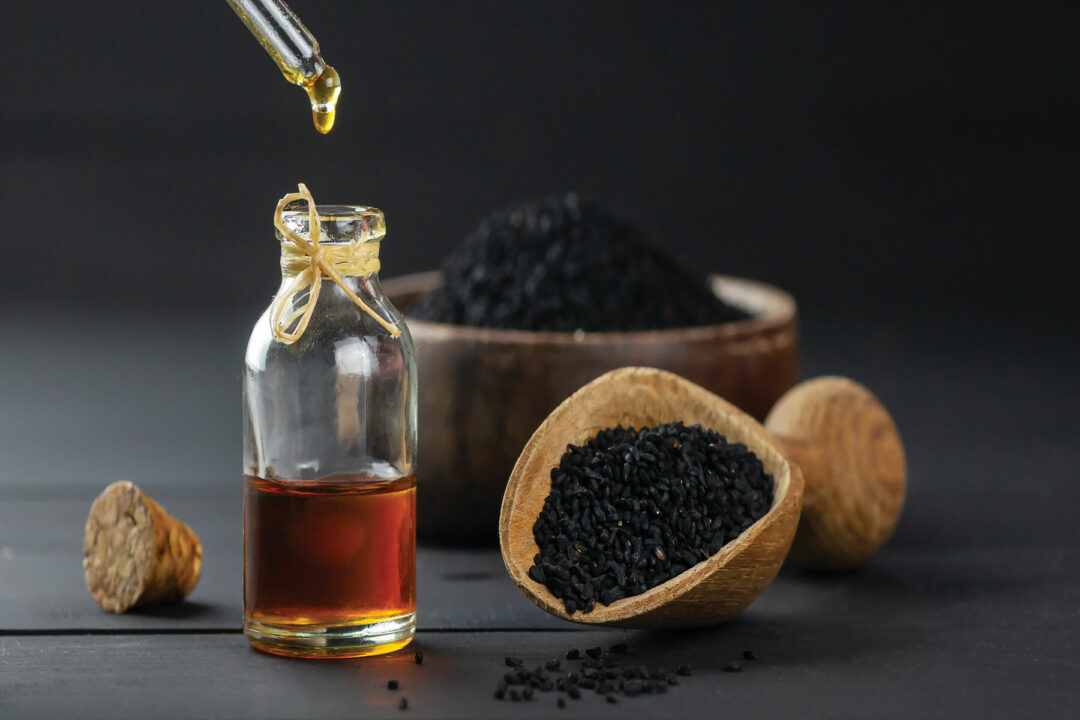The study, published inFood Science & Nutrition Research,compared the antifungal and antibacterial properties of four different black seed oil compositions to better understand the ingredient’s range of antimicrobial activity. The compositions varied in percentage of thymoquinone (TQ) and free fatty acid content (FFA):
- 3% TQ, 2% FFA;
- 3% TQ, 10% FFA;
- 0.5% TQ, 2% FFA;
- 0.5% TQ, 10% FFA.
The researchers concluded, based on these results, that cold-pressed black seed oil standardized to 3% TQ with low FFA could be a safe option for regulating growth of microorganisms on the skin, and to potentially assist in balancing the skin and gut microbiome.
Related: Study Examines Effects of Black Seed Oil + D3 on Stem Cells The Natural View: The Story Behind Keratin with a Focus on Keragen Tomato Extract Shown to Protect Skin from Oxidative Stress in New Study
“Detailed research into black seed oil compositions for skin health is still new and we are proud to be able to spearhead efforts to better understand how thymoquinone benefits different aspects of our skin,” said Dr. Liki von Oppen-Bezalel, Ph.D., TriNutra’s business development director and a contributor to the study. “Regulating growth ofS. aureus, C. albicansandM. furfurwith the unique composition of black seed oil with 3% thymoquinone and low free fatty acid will play an important and long-term role in maintaining skin homeostasis. No need to settle for less when ingredients like ThymoQuin and B’utyQuin already meet the qualifications needed for both ‘beauty from within’ and cosmetic applications.”








